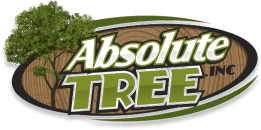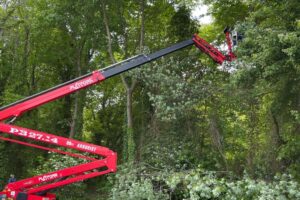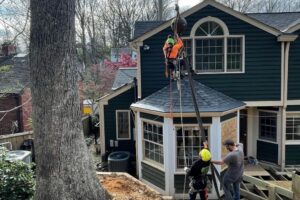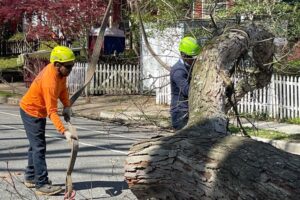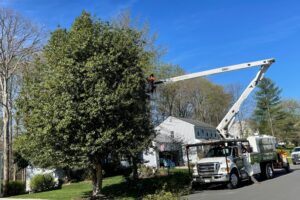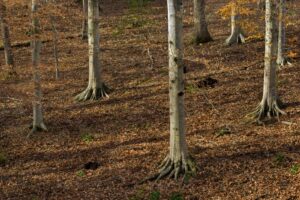Are you in Northern Virginia and in need of firewood? Don’t just settle for any old logs! Knowing what to look for when buying firewood can ensure you get the best quality and value.
In this article, we will guide you through the types of firewood available, the importance of moisture content and seasoning, as well as wood density and BTU output. Plus, we’ll highlight sustainable and environmentally friendly options.
Get ready to make the perfect choice for your firewood needs!
Key Takeaways
- Choose firewood with high density and BTU output for longer burn time and more heat.
- Look for properly seasoned firewood with lower moisture content.
- Opt for firewood from local sources to reduce carbon footprint.
- Consider wood that feels heavy for its size and shows signs of dryness.
Types of Firewood Available in Northern Virginia
When buying firewood in Northern Virginia, you’ll find various types available. It’s important to know the different types so you can choose the one that best suits your needs.
One common type is oak firewood. It burns slowly and produces a high amount of heat, making it ideal for long winter nights.
Another popular option is hickory firewood. Known for its intense heat and aromatic scent, it’s perfect for those cozy evenings by the fireplace.
If you’re looking for firewood that ignites quickly and provides a vibrant flame, consider using cherry firewood. It not only adds a pleasant aroma to your home, but it also creates a beautiful ambiance.
Pine firewood is another option, often chosen by those who want a firewood that is easy to ignite and produces a crackling sound.
Lastly, if you’re concerned about the environment, consider using eco-friendly firewood made from sustainably sourced materials.
By choosing the right type of firewood, you’ll ensure a warm and enjoyable experience throughout the winter months.
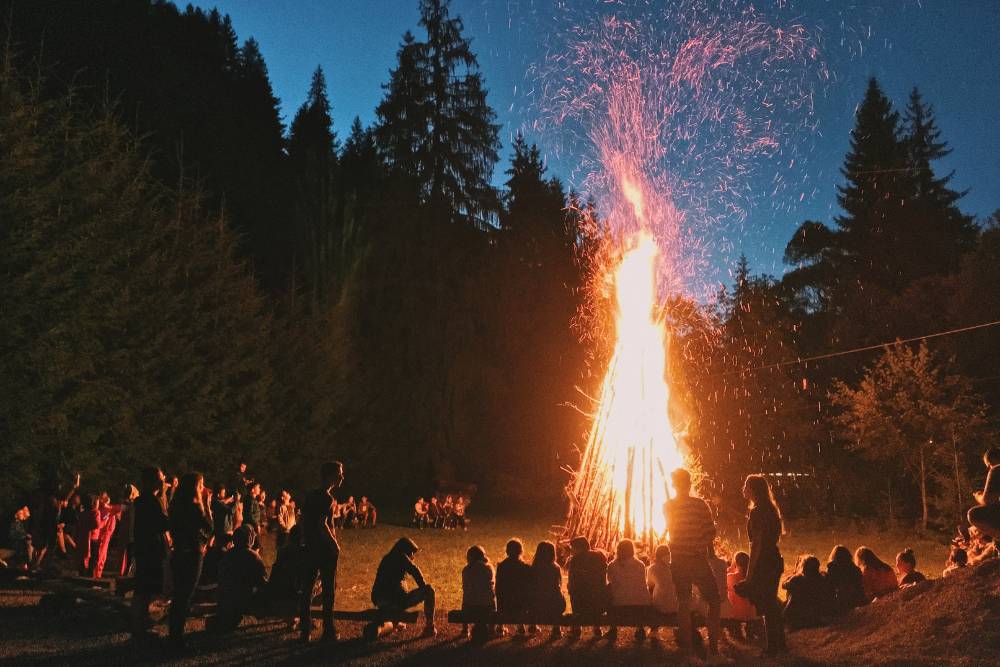
Roaring fires are a great way to extend your outdoor season with family and friends even as temperatures drop.
Moisture Content and Seasoning
To ensure you get high-quality firewood in Northern Virginia, make sure the moisture content is low, and the wood is properly seasoned. When purchasing firewood, it’s important to consider its moisture content because wet wood can be difficult to light and won’t burn efficiently. Ideally, the moisture content should be below 20%. You can check this by using a moisture meter or by looking for signs such as cracks or splits in the wood. Dry and well-seasoned firewood will have a lower moisture content and will burn hotter and cleaner.
Proper seasoning is also crucial when buying firewood. Seasoned firewood has been dried for at least six months to a year, allowing it to reach the optimal moisture content for burning. Unseasoned or green wood contains too much moisture, which can lead to excessive smoke, creosote buildup, and inefficient burning. Seasoned firewood, on the other hand, burns more efficiently, produces less smoke, and generates more heat.
When purchasing firewood in Northern Virginia, it’s important to ask the seller about the moisture content and seasoning of the wood. Avoid buying firewood that feels heavy, looks green, or has a strong smell of sap. By paying attention to these factors, you can ensure that you’re getting high-quality firewood that will provide you with efficient and enjoyable fires during the chilly winter months.
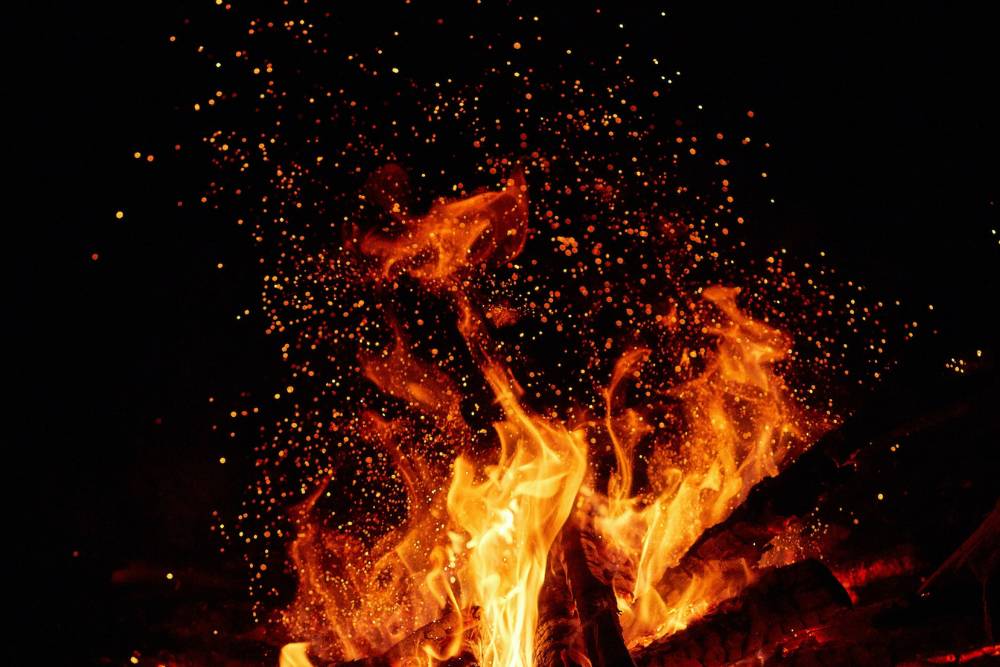
Wood density and BTU output are important considerations when choosing firewood.
Wood Density and BTU Output
Wood density and BTU (British Thermal Unit) output are important factors to consider when determining the quality of firewood in Northern Virginia. The density of the wood refers to how tightly packed the fibers are, which affects how long the wood will burn and how much heat it will produce. Dense woods, such as oak or hickory, have a higher BTU output and burn longer than less dense woods, like pine or poplar.
When buying firewood, look for dense wood that feels heavy for its size. This indicates that the wood has a high density and will provide a longer burn time and more heat. You can also check the wood for cracks or splits, as this can be a sign of dryness and higher BTU output. Additionally, look for firewood that has been properly seasoned for at least six months to a year. Seasoned wood has a lower moisture content, which means it will burn more efficiently and produce less smoke.
Remember, wood density and BTU output are crucial factors to consider when purchasing firewood in Northern Virginia. By choosing wood with a high density and BTU output, you can ensure a longer burn time and more heat, making your winter nights cozy and warm.
Sustainable and Environmentally Friendly Options
For a more eco-friendly choice, consider opting for sustainably sourced and environmentally friendly firewood options in Northern Virginia. When buying firewood, it’s important to think about how it was harvested and if it aligns with sustainable practices.
Look for firewood that comes from local sources, as this reduces the carbon footprint associated with transportation. Additionally, choose firewood that is certified by organizations such as the Forest Stewardship Council (FSC) or the Sustainable Forestry Initiative (SFI), which ensure the wood is harvested responsibly.
Another aspect to consider is the type of wood being used. Some types of wood, like oak or hickory, burn longer and produce more heat compared to softer woods like pine or poplar. By choosing denser woods, you can maximize the BTU output and get more warmth from your firewood.
It’s also worth considering alternative options to traditional firewood. Wood pellets, for example, are made from compressed sawdust and can be a more sustainable choice. They produce less smoke and ash, reducing air pollution and the need for frequent chimney cleanings.
By taking these factors into account, you can make a more environmentally friendly choice when buying firewood in Northern Virginia. Not only will you be reducing your carbon footprint, but you’ll also be supporting sustainable forestry practices and enjoying a cozy fire at the same time.
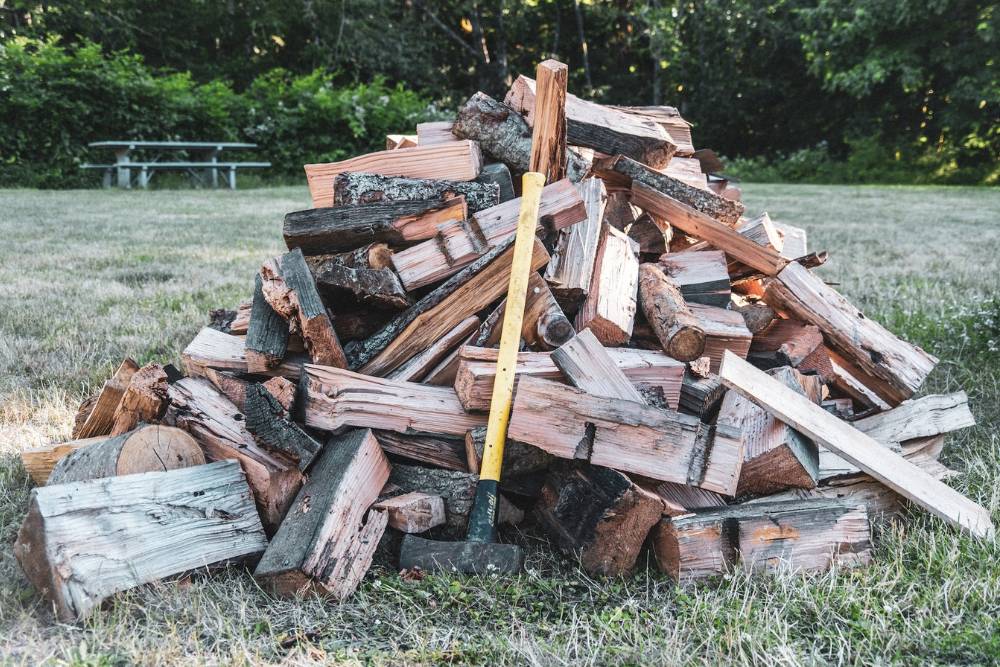
Consider how many fires you’ll burn to determine how much firewood to buy.
Frequently Asked Questions
How much firewood should I buy for an average-sized fireplace in Northern Virginia?
You should buy about 3 to 4 cords (a single cord is 128 cubic feet) of firewood for an average-sized fireplace in Northern Virginia. This amount will ensure you have enough wood to keep your fireplace warm throughout the winter.
Can I use softwood firewood in my fireplace, or should I only use hardwood?
You can use softwood firewood in your fireplace, but hardwood is generally better. Softwood burns faster and produces more smoke, while hardwood burns longer and provides more heat.
Are there any specific regulations or restrictions on firewood usage in Northern Virginia?
There are regulations and restrictions on firewood usage in Northern Virginia, moving firewood from one location to another is not recommended as this aids the transport of invasive, tree-killing insects. It is important to check the local laws and guidelines to ensure compliance and safe use of firewood in your area.
Are there any special considerations or tips for storing firewood in Northern Virginia’s climate?
To store firewood in Northern Virginia’s climate, make sure to keep it in a dry and elevated area to prevent moisture damage. Cover it with a tarp to protect it from rain or snow.
Need Firewood?
Call Absolute Tree at 703-969-6207 to have your firewood delivered before the temperatures drop! We can cut, bundle, and deliver all of your local firewood directly to your Fairfax County home.
For the Absolute Best Tree Service in Northern Virginia, call Absolute Tree Today!
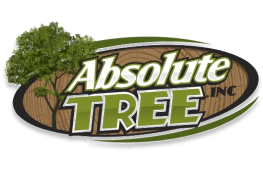
Author Profile: Ashley Davis
Over the last 19 years, Absolute Tree has grown a reputation as one of the premier tree service companies in the Northern Virginia areas. And there’s a good reason for this—we love trees and our passion for them shows. When you call on Absolute Tree for tree service, you aren’t just getting “some guys who cut down trees.” You’re hiring highly skilled arborists who understand the growth of trees and consider tree care an art form.
Stay Up-to-date!
Swing in each month for new articles, pest alerts, local resources, tree care tips, tree health updates, and landscape maintenance ideas
